Social Support and Its Impact on Mental Health: The Role of Taboos
Positive mental health relies on social support — emotional, educational and material from loved ones, friends or the wider community.
Key Benefits
- Pressure Balancing: Stimulating relationships buffer pressure through feelings of safety and belonging.
- Newer Coping Mechanisms: Social networks provide information, support and tools to better deal with difficulties.
- Health Prevention for the Disease of the Mind: Loneliness and loneliness are major determinants of depression and anxiety. Social support mitigates these risks.
- Maximizing Recovery: People with good support networks bounce back quicker from mental health emergencies and go to treatment when they need it.
- Biological Effect: Social life is associated with regulation of cortisol (a stress hormone) and positive states of mind through the action of oxytocin, a substance that encourages attachment and wellness.
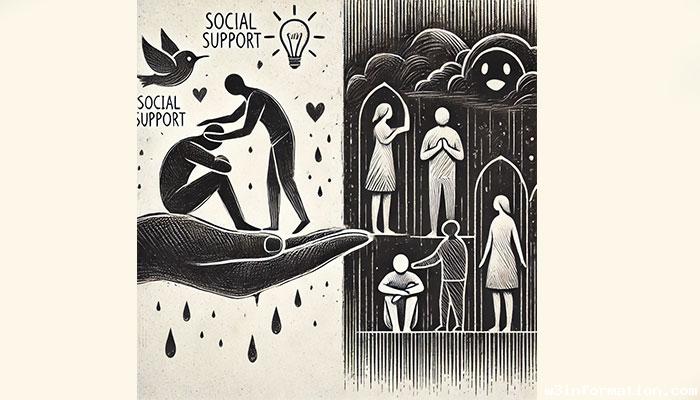
Examples:
- Peer support groups have been shown to work for depression, PTSD, and addictions.
- Family support is more successful in people with chronic mental illness, such as schizophrenia or bipolar disorder.
Social Cliché and Controversy about Mental Health. - Mental illness remains stigmatised, despite all the work being done in some cultures or groups. This stigma prevents mental health issues from being identified, discussed and addressed.
Forms of Mental Health Taboos
- Fictions: Mental illness is a failing, a flaw.
- Scare of Judgment: Sometimes people will avoid sharing their difficulties in fear of being rejected by others.
- Beliefs: In some societies, mental disease is caused by the supernatural or for the family’s shame.
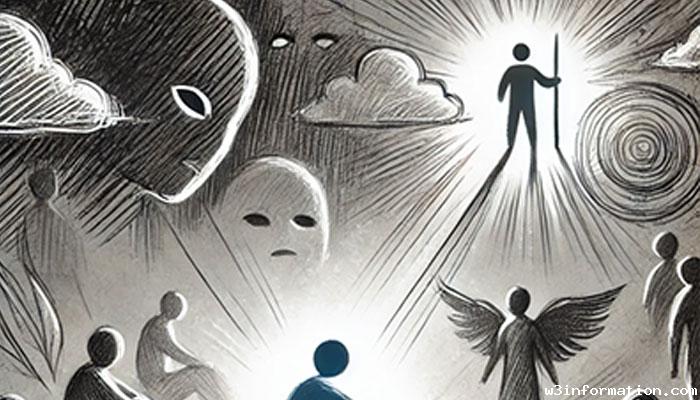
Negative Impacts of Taboo
- Prolonged Treatment Refusal: Illusion prevents others from seeking the help they need, making things worse.
- Internalized Stigma: Mental health patients may internalize prejudices of society, becoming guilty, low-self-esteem or hopeless.
- Disconnect: Anxiety around being judged drives individuals to withdraw from social networks which in turn makes them lonely and contributes to mental health disorders.
- Overdiagnosis: As mental health is not talked about at the family or in the community, symptoms may get ignored or misdiagnosed.
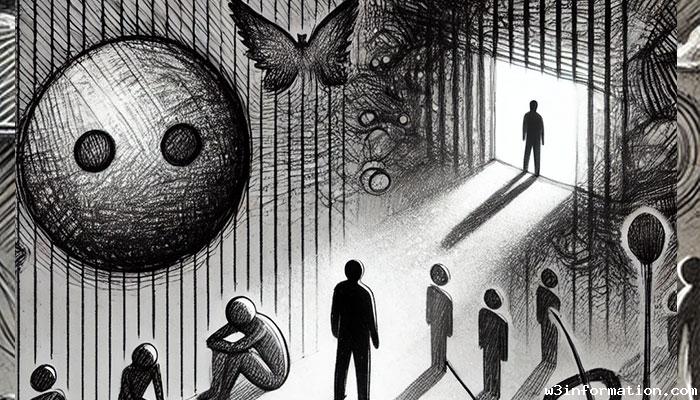
Examples:
- Workers don’t report mental health issues at work for fear of harassment or job discrimination.
- And for some groups, going to therapy or psychiatric care is viewed as an embarrassment, which blocks effective interventions.
Bridging the Gap
- Public Outreach: Promotions of making mental health conversations acceptable could avert misunderstandings.
- Social Support: Inviting family and community members to become more involved in mental health activism will both lessen stigma and help provide emotional and practical support.
- Policy Changes: Implementing anti-discrimination laws and mental health coverage guarantees access to care.
- Create Networks of Self-Responsibility: Peer networks can help facilitate safe zones for conversation.
- Press Image: Stories about mental health and recovery can change the way that society thinks.
W3information helps you to get knowledge about the new information. This site under copyright content belongs to w3information. By using this site, you agree to have read and accepted our terms of use, cookie and privacy policy.
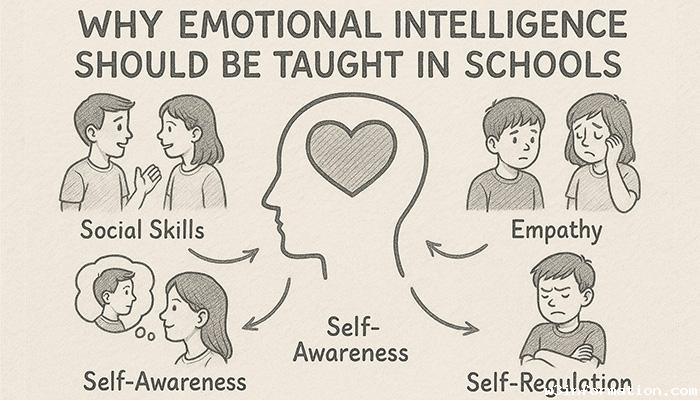 Why Emotional Intelligence Should Be Taught in Schools
Why Emotional Intelligence Should Be Taught in Schools
 The Future of Higher Education: Trends to Watch
The Future of Higher Education: Trends to Watch
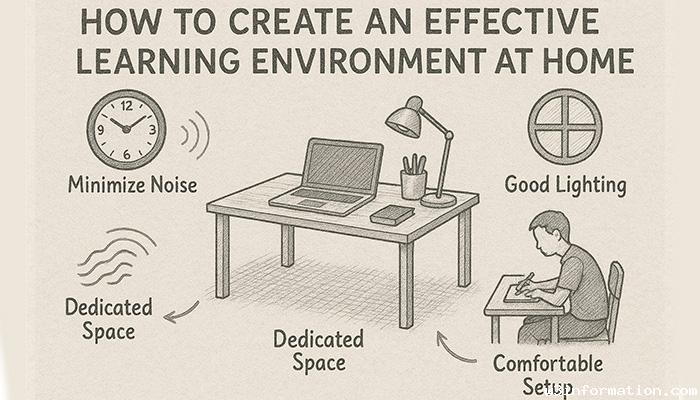 How to Create an Effective Learning Environment at Home
How to Create an Effective Learning Environment at Home
 Top 10 Study Tips for Students
Top 10 Study Tips for Students
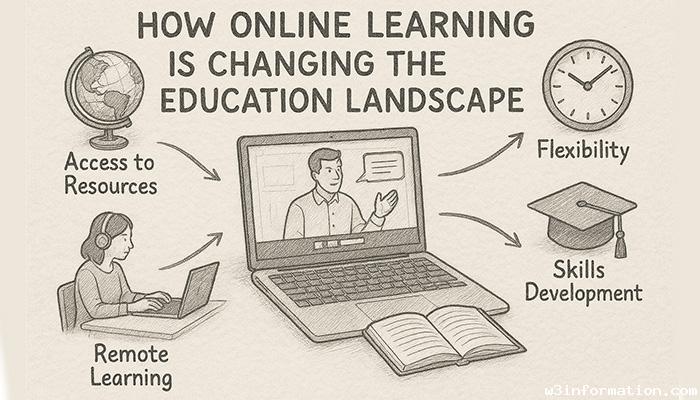 How Online Learning is Changing the Education Landscape
How Online Learning is Changing the Education Landscape
 How to create backend CRM using React JS
How to create backend CRM using React JS